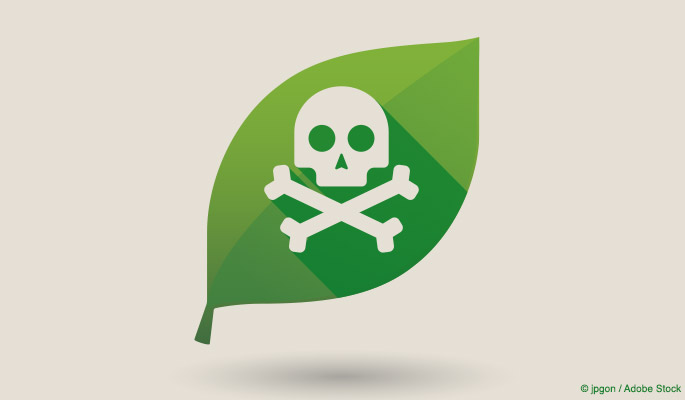
Have you ever gone to the supermarket, and tried to buy healthy food? It’s nearly impossible to figure out what’s genuinely good for you, and what’s just wearing a health-conscious skin in order to get you to buy it. When everything is claiming to be a low-fat, low-carb superfood, it’s hard to tell the difference between the real deal, and a clever marketing package. From a marketing perspective, that makes sense. If you know a certain quality appeals to your customers; then you want to be sure your product is painted with the same brush. The only time this is a problem is when you, as a business, put emphasis on a quality your product doesn’t have, or when you blow that quality out of proportion to make it seem more appealing.
This is, unfortunately, a trend that has been happening with regards to how environmentally friendly a product is. It’s called green washing.
Cashing-In On Green Washing?
As consumers have become more conscious about the impact their choices have on the environment, we are seeing more efforts by customers to go for eco-friendly options. From buying re-usable shopping bags to purchasing products whose packaging is made from recycled material, this behavior has not gone unnoticed by big companies. It’s why some companies have changed their behavior, trying to create a cleaner, greener products to appeal to customers who want to feel like they’re helping the environment.
The problem arises when a company just tells customers they’re environmentally friendly when in fact they’re anything but.
A good example of this is when an energy company makes a big deal about their new, green technology. However, if you look behind the pomp and circumstance surrounding this one effort to be more environmentally friendly, you may find that most of the company’s operations do serious damage to the environment. Not only that, but you may also uncover the fact that a company has spent money to try to block legislation that’s geared toward enforcing pollution standards.
Always Check For A Green Washing
If you’re not sure whether or not a company is truly green, what you need to do is take the company (or product) as a whole. For example, just because something is labeled green, or environmentally friendly, that doesn’t necessarily mean it is. Customers need to do their due diligence in order to be sure that what they’re buying is actually a green product, and not just something labeled as such to cash in on the eco-friendly dollar. The same is true for companies. After all, even if a company is investing in solar energy, that doesn’t mean they should be excused from burning coal, fracking, or any of a dozen other potentially harmful activities it could also be participating in.
On the one hand, this sort of thing shouldn’t be necessary. We should be able to trust a business when it tells us that a product or service is good for the environment. On the other hand, though, we live in a consumer culture where there is a constant war of words between companies that are competing for our loyalty, and our wallets. That means the duty is, unfortunately, on us to double-check that what a company tells us is what’s happening. Just as we would check the studies before starting a certain diet, or check area prices on a car before making a purchase, it’s important to make sure a product is really as green as it says it is before investing.




































































































































 Three Ways to Engage Teams and Clients to Maximize Your Recycling Program Engagement
Three Ways to Engage Teams and Clients to Maximize Your Recycling Program Engagement  How to Integrate Accessibility Into Your Sustainability Planning
How to Integrate Accessibility Into Your Sustainability Planning  Why Park Benches Can Promote Workplace Well-Being
Why Park Benches Can Promote Workplace Well-Being 
